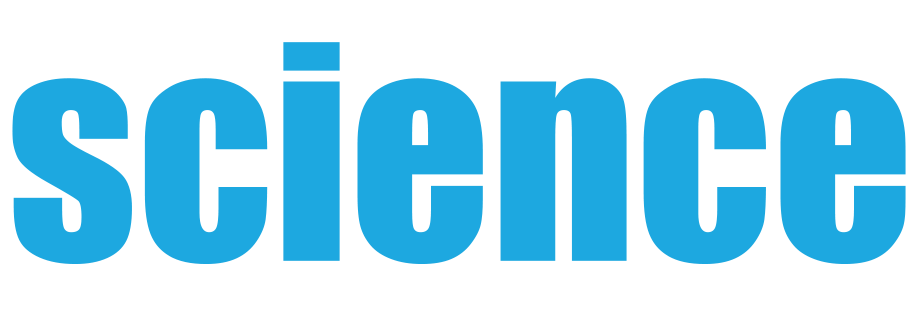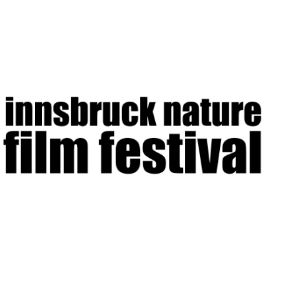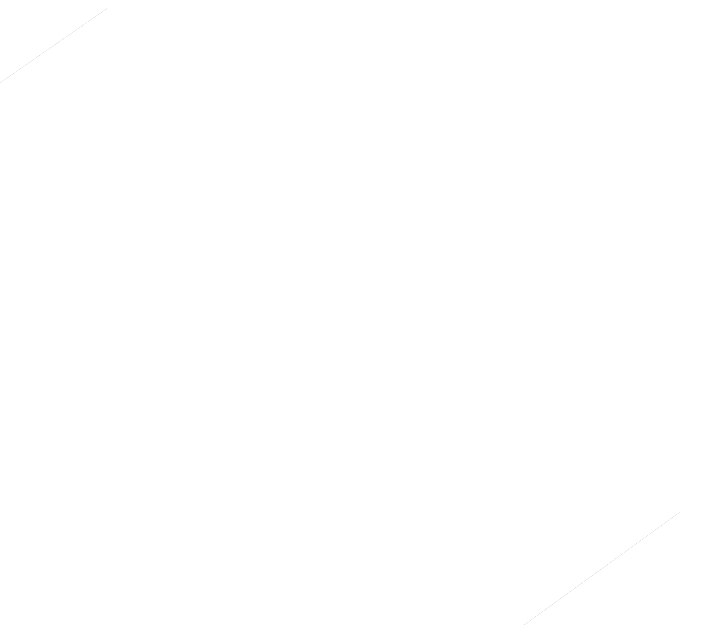As a partner of the INFF, the University of Innsbruck has been enhancing the film screenings with Science Glimpses for several years. Its scientific expertise is also reflected in many different formats around the core film sessions.
One of the most striking features of Innsbruck is the juxtaposition of city and nature. Depending on the choice of transportation, one can reach the surrounding peaks from the city center within minutes or a few hours. But being out and about here also very quickly raises the question of whether it really is a juxtaposition, whether there is a definable line where non–nature ends and nature is entered, or whether the transition is so fluid that it can hardly be perceived in a place like Innsbruck. Such thoughts often come, most clearly when, after a two–hour climb just before the tree line, the roar of a landing airplane still echoes through the forest. Where exactly does nature begin? Behind the last houses? Only after the managed spruce forest has given way to scree and lichen? For the University of Innsbruck, the location between the city and nature is something of a trademark that shapes its research and student life. This is also reflected in the INFF supporting framework program.
The workshops, excursions and guided tours can all be found under “Experiences”. For example, in the form of a scientific look at species extinction, one of the catastrophic consequences of the ever–increasing displacement of natural habitats. The workshop on the “Red List” of Tyrolean plant species will show how data can help to protect endangered species. The Botanical Garden then offers the step to application and own action: The exhibition “Ordentlich Schlampig” is about the nature that surrounds us in the city (or could surround us) and how to create and offer it new space – in other words, an approach to species protection that is basically feasible for everyone. Of course, the topics of the Nature Film Festival are not limited to biodiversity.
Just as diverse is the mix of scientists who contribute their expertise in astrophysics, atmospheric sciences, business administration, microbiology, zoology and many other disciplines to the supporting program. For example, an excursion will explain the “Föhn”, a natural phenomenon that is very familiar to all Innsbruck residents. The topic of light pollution and its consequences are also very present in the INFF program this year. The guided tour through the historical observatory of the University of Innsbruck does not only show a piece of Austrian scientific history – it also makes clear that in former times it was possible to explore the night sky from Innsbruck.
Today, the light bell of the city forms another flowing transition to an increasingly clear starry sky, which can already be observed very well from some surrounding peaks and mountain huts. Due to its location, the University of Innsbruck is an ideal starting point for natural science research in the Alpine region. This includes broad topics such as climate, biodiversity, mountain hazards and the nature of glaciers. However, nature topics are not limited to the natural sciences; the relationships between humans and nature are too diverse and complex for that.
This is where the INFF framework programme „Experiences“ comes into play. For example, the Transfer Office organises walks accompanied by philosophers and ethnologists. During these excursions, the understanding of nature is discussed and debated, as only a glance at the diverse themes of the festival programme is enough to see that nature as a concept cannot be so easily defined. What nature means, both for us as humanity and individually, and how it can be classified, researched and understood – is a wide open field and difficult to measure. At least not in football fields.




